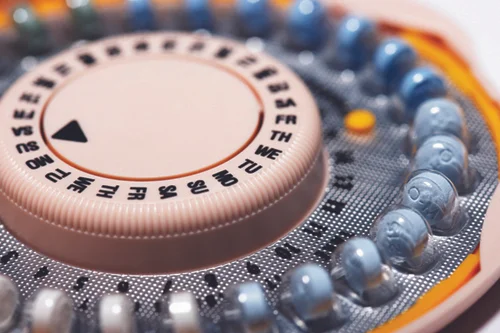When United Methodists argue about sex and marriage, these doctrinal struggles usually evolve into clashes between progressives in America and conservatives in the growing churches of the Global South, especially Africa.
When Anglicans knock heads over the same issues, the loudest voices on the doctrinal left are from America and Europe, while most of the conservatives are from Africa and Asia.
It's safe to call this an ecclesiastical trend, especially in light of recent debates about marriage, family and sexuality in the largest Christian flock of all -- the Roman Catholic Church. Consider, for example, the salvos delivered by Cardinal Robert Sarah of Guinea at the recent National Catholic Prayer Breakfast in Washington, D.C.
Catholics are now witnessing, he argued, the consummation of "efforts to build a utopian paradise on earth without God. … Good becomes evil, beauty is ugly, love becomes the satisfaction of sexual primal instincts and truths are all relative. So all manner of immorality is not only accepted and tolerated today in advanced societies, but even promoted as a social good. The result is hostility to Christians, and, increasingly, religious persecution.
"Nowhere is this clearer than in the threat that societies are visiting on the family through a demonic 'gender ideology,' a deadly impulse that is being experienced in a world increasingly cut off from God through ideological colonialism."
Cardinal Sarah is not the first prelate from the Global South to use "demonic" language in a public-square battle over marriage.



